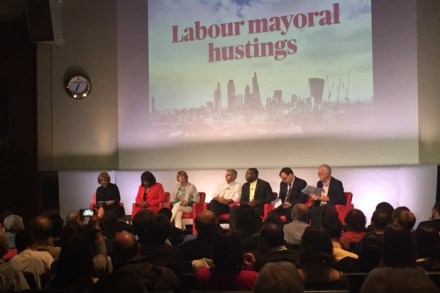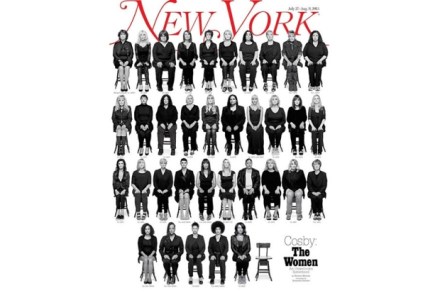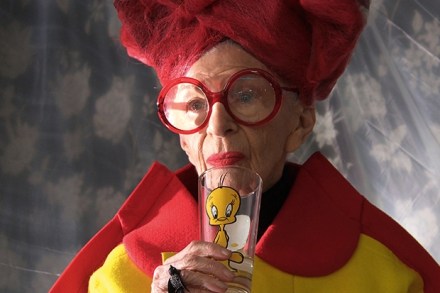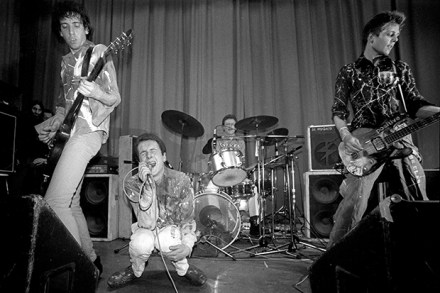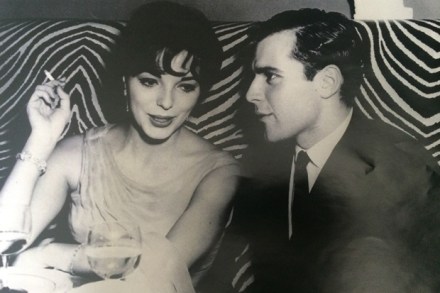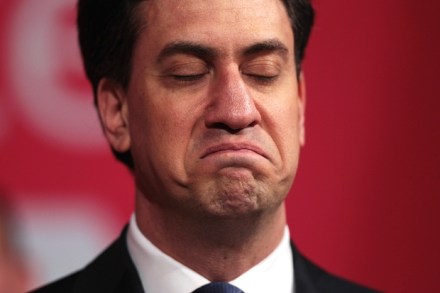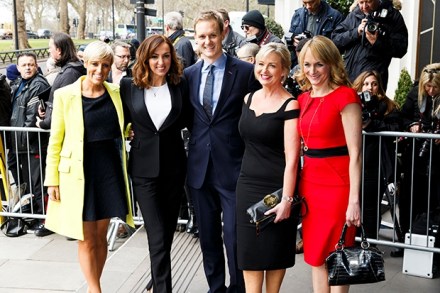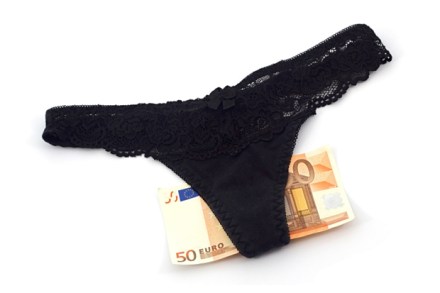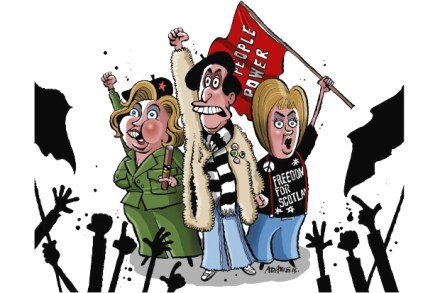Could a row with Uber be taxi for a London mayoral candidate?
One of the striking things about the contest in Labour for the mayoral candidacy is how many of the candidates are keen to admonish private taxi firm Uber. Sadiq Khan has described it as a ‘problem’ and said he is ‘on the side of the back cab driver’, Tessa Jowell is ‘enormously concerned’ and doesn’t have an Uber account, while David Lammy wants to ‘protect the institution that is the black cab’ and wishes there had been a confrontation between the Mayor and Uber as there had been in Paris. But perhaps these candidates should take heed of what has happened to another mayor who confronted Uber. Bill De Blasio
